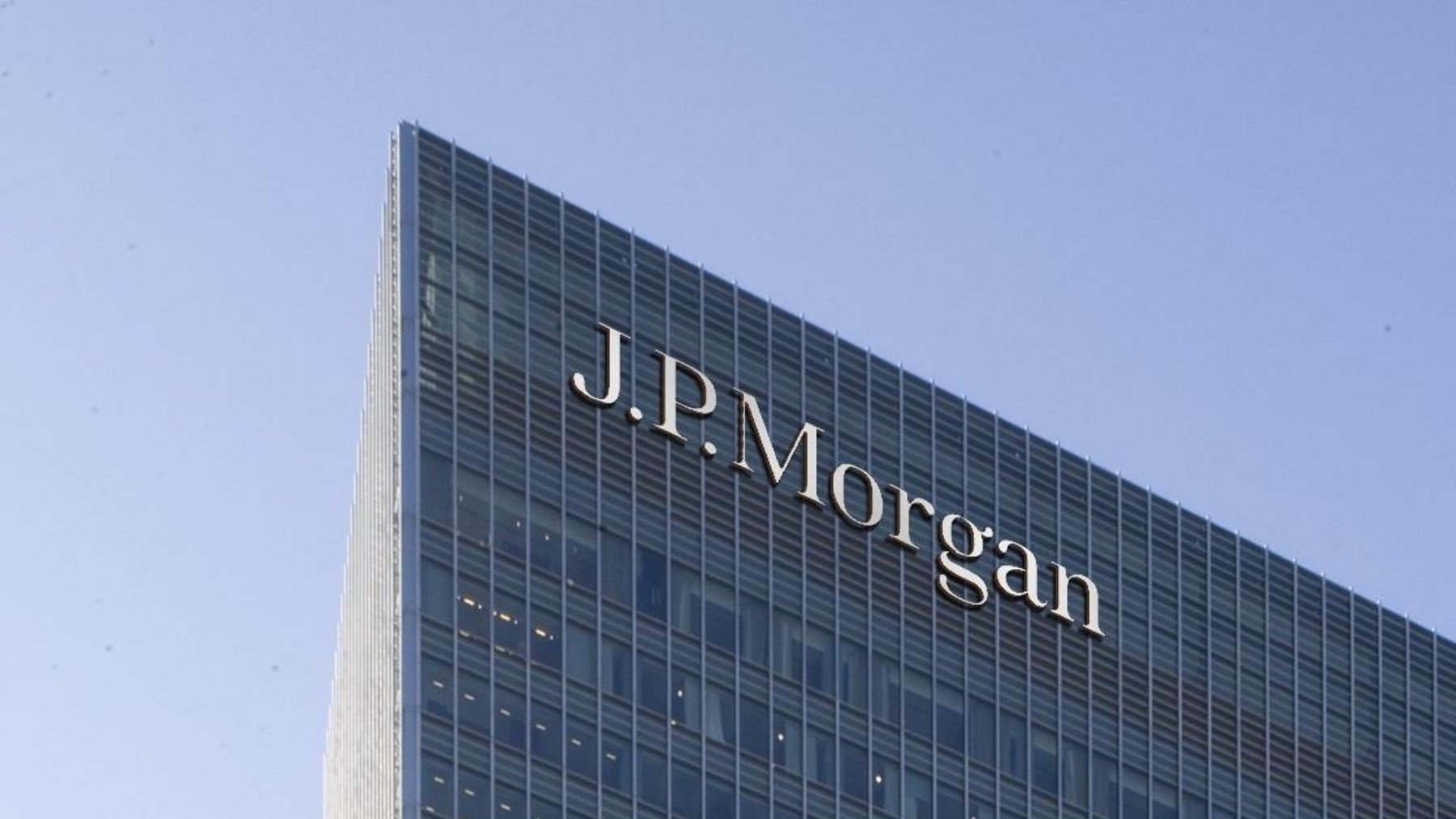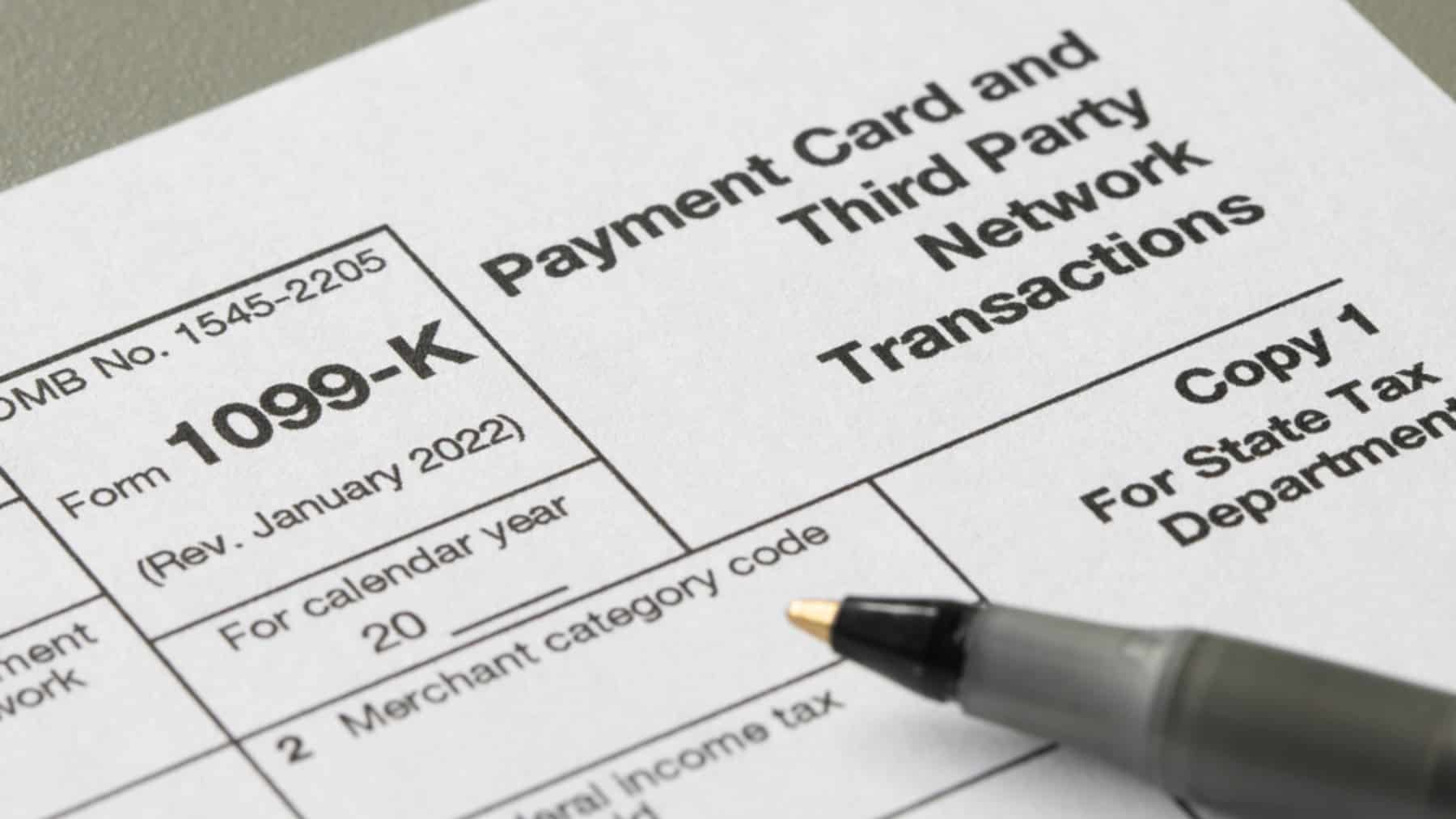Until now, financial technology companies such as Coinbase, Venmo, or Paypal have had unrestricted and cost-free access to JPMorgan Chase databases in the United States. However, according to Bloomberg, this privilege has come to an end. This bank has announced a new measure that could revolutionize the world of digital transactions. Until now, the interaction model between companies and the bank has been based on Open Banking. However, from now on, fintech companies will have to pay commissions if they want to access their users’ banking data, in response to the need to increase financial privacy, with the aim of keeping their users’ personal data as secure as possible. Do fintech companies agree with this new measure?
JPMorgan Chase & Fintech companies
It is the largest bank in the United States, and one of the largest financial institutions in the world. It is a multinational bank of U.S. origin, in addition to being a financial services company. Meanwhile, fintechm companies, such as Venmo, Coinbase or PayPal, are those that offer services for sending, receiving and managing money online. To date, JPMorgan Chase has based its interaction model with fintech companies on Open Banking. This means that companies could access the bank’s databases in a controlled manner, but without any restrictions.
From now on, JPMorgan Chase will charge substantial fees to companies wishing to access customers’ personal information. This measure is due to the high investment made in the development of security systems, through which they intend to protect their customers’ data at all costs. If any of these companies wants to access this information, they will have to pay for it.
What will be the impact of this new measure?
It is undeniable that this new measure will have a substantial impact on the user experience and for fintech companies. The following aspects will have to be taken into account:
- For users: they will have the security that their data is more protected and controlled, but at the same time this could generate complications or limitations when using digital services.
- For the financial market: they can be a benchmark for other banks. It could generate that this measure is adopted in more banks, generating a paradigm shift in the access and monetization of information in the United States.
- For fintech companies: they will undoubtedly be the most affected. They will experience an increase in operating costs that could be passed on to users.
The future of banks and database security
The world is becoming increasingly digitalized and that is an undeniable reality. Practically all economic transactions or official documentation that used to require physical presence and physical documents can now be done with just one click. We have become accustomed to this immediacy and convenience, almost forgetting the risks it can entail. And it is no surprise to anyone the amount of personal data leaks that have occurred in recent years by large companies that have seen their security systems hacked.
That is why the investment in technology by companies is mainly oriented towards the development of security systems increasingly shielded to ensure their customers that their information and data are highly protected. Another measure taken by JPMorgan Chase is to charge fintech companies for accessing these databases. According to the institution, “the institution has invested large resources to develop a secure system that guarantees the protection of its clients’ information”, so if a company wants to access it, it will have to cover the costs associated with the maintenance of this structure.What do you think of this new measure? Would it make you feel more secure if your bank applied this series of measures to protect your information and data?
Find out what other problems other U.S. banks are facing here!




